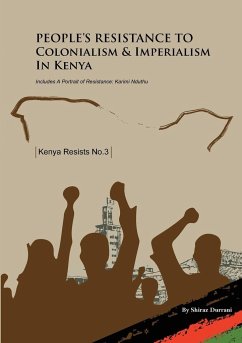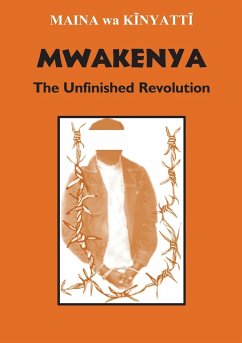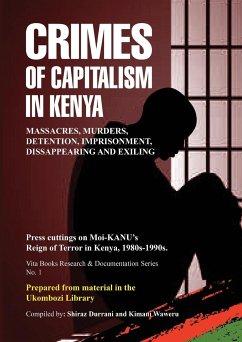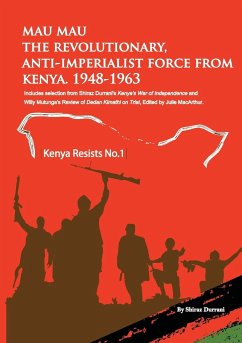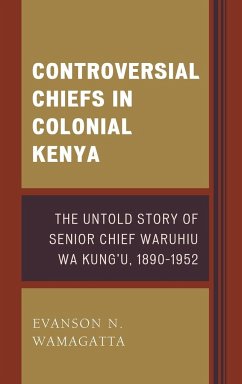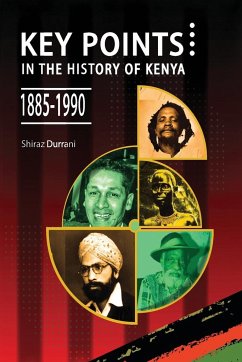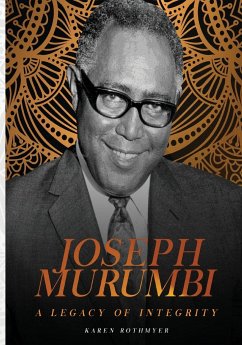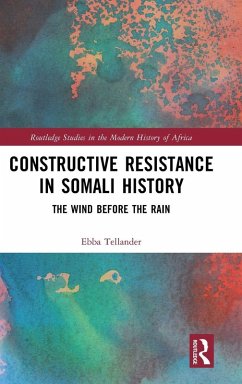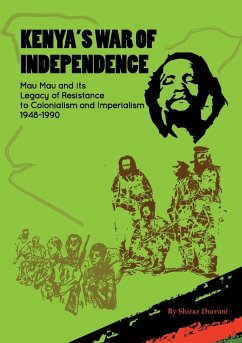
History of Resistance in Kenya 1884-2002
Versandkostenfrei!
Versandfertig in 1-2 Wochen
67,99 €
inkl. MwSt.

PAYBACK Punkte
34 °P sammeln!
This book is a contribution to the interpretation of Kenyan history, from the proletarian point of view. The book provides information on the people of Kenya; their history; their violent, brutal and deadly confrontation with the British imperialist invaders; their social and politicial struggle against the British occupiers and the national traitors; their transformation into the Mau Mau armed resistance; and their class struggle and revolutionary movement against the Kenyata and Moi neocolonial regimes. During dictator Moi's administration, the country was turned into a police state and the ...
This book is a contribution to the interpretation of Kenyan history, from the proletarian point of view. The book provides information on the people of Kenya; their history; their violent, brutal and deadly confrontation with the British imperialist invaders; their social and politicial struggle against the British occupiers and the national traitors; their transformation into the Mau Mau armed resistance; and their class struggle and revolutionary movement against the Kenyata and Moi neocolonial regimes. During dictator Moi's administration, the country was turned into a police state and the brutal torture of citizens became commonplace. Whatever form of torture one was subjected to, it inevitably led to either imprisonment or death. In vigorous language and with concrete examples, the author details the crucial role played by the Mwakenya-December Twelve Movement in the struggle against the Kenyata-Moi dictatorships for democracy and social justice in Kenya, from 1975 to 2002.





